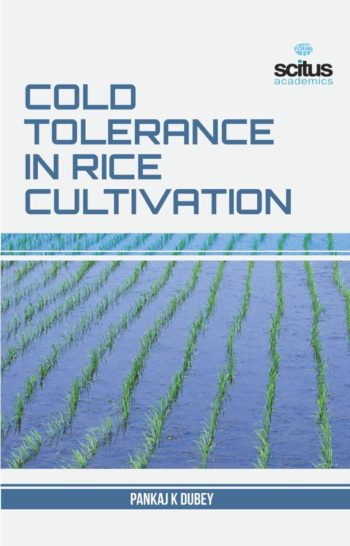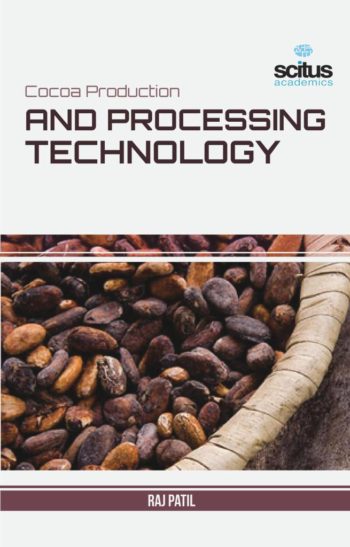Plants have a significant role in maintaining human health and improving the quality of human life for thousands of years and providing valuables in the form of medicines, beverages, cosmetics and dyes. There exists a plethora of knowledge and information and benefits of herbal drugs in our ancient literature of Ayurvedic and Unani medicine. Diseases that remain most challenging in today’s healthcare system tend to be complex involving multiple mechanisms, targets and drugs for effective disease management. In contrast to current combination therapies, however, plant based drugs contain a mixture of multiple components thereby saving considerable time and expense. Numerous and diverse classes of natural products have been isolated and their structures characterized in the past century. The elucidation of biological and biochemical mechanisms of natural products with therapeutic action have been invaluable to the efforts of organic and medicinal chemists as tools for deciphering the logic of biosynthesis and as platforms for developing frontline drugs. Plants have limitless ability to synthesize aromatic secondary metabolites, important subclasses in this group of compounds include phenols, phenolic acids, quinones, flavones, flavonoids, flavonols, tannins and coumarins. These groups of compounds show antimicrobial effect and serves as plant defense mechanisms against pathogenic microorganisms. The importance of natural antioxidants has been clarified by numerous studies which have demonstrated that the consumption of foods rich in such phytochemicals can exert beneficial effects upon human health, possibly by interfering in the processes involved in reactive oxygen and nitrogen species mediated pathologies. Harmful side effects and weak effectiveness of curative agents in market has made their use limited and the search to find more effective agents continues. Investigation in the plant kingdom culminated in the discovery of many herbal hypoglycemic agents.













